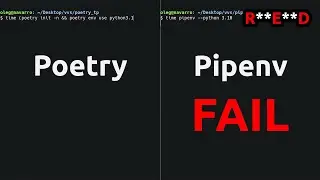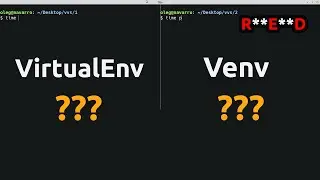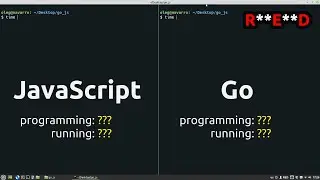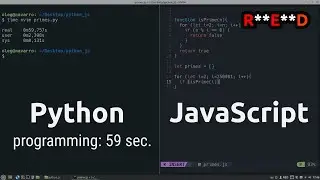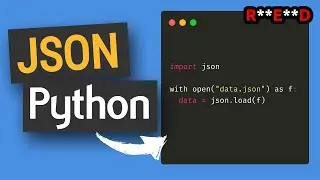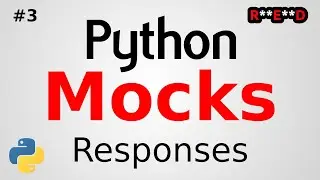Intro to Python Mocks: Mocking Python Requests with Responses | Python tutorial
This video is the third part of Python testing using Mocks series (or just Python Mocks). In this video we'll touch the mocking of functions that use Python Requests library with Responses library.
How to use Python Responses library to mock function, raise_for_status, exceptions.
In this Python testing tutorial as an example I use a function that makes a request to external API. And as a testing library I use unittest.
It's a Python unittest mock tutorial for beginners.
Follow me @:
Telegram: https://t.me/red_eyed_coder_club
Twitter: / codereyed
Facebook: https://fb.me/redeyedcoderclub
Links:
https://github.com/getsentry/responses
Timecodes:
00:00 - Beginning.
01:31 - Writing a test for a function that should return value if JSON object with a certain structure is provided
05:50 - Testing the raise_for_status() function with Python Responses library.
06:49 - Testing a logic when Exception is raised
Why Python mocks are important:
Mocks eliminate dependency on network, database calls, calls to OS (it will speed testing)
we get isolated unit tests,
we can test methods that have no return value
reduce test complexity. We don't have to write complex logic to handle behavior of methods under tests.
don't have to wait to implement other methods.
When should you mock?
When you don't want to actually call an object
#1 Intro to Python Mocks | Python tutorial
• Intro to Python Mocks | Python tutorial
#2 Intro to Python Mocks: Mocking Exceptions | Python tutorial
• Intro to Python Mocks #2: Mocking Exc...
#3 Intro to Python Mocks: Mocking Python Requests with Responses | Python tutorial
• Intro to Python Mocks: Mocking Python...
How to mock requests in Python with Responses library.
#python #testing #redeyedcoderclub











